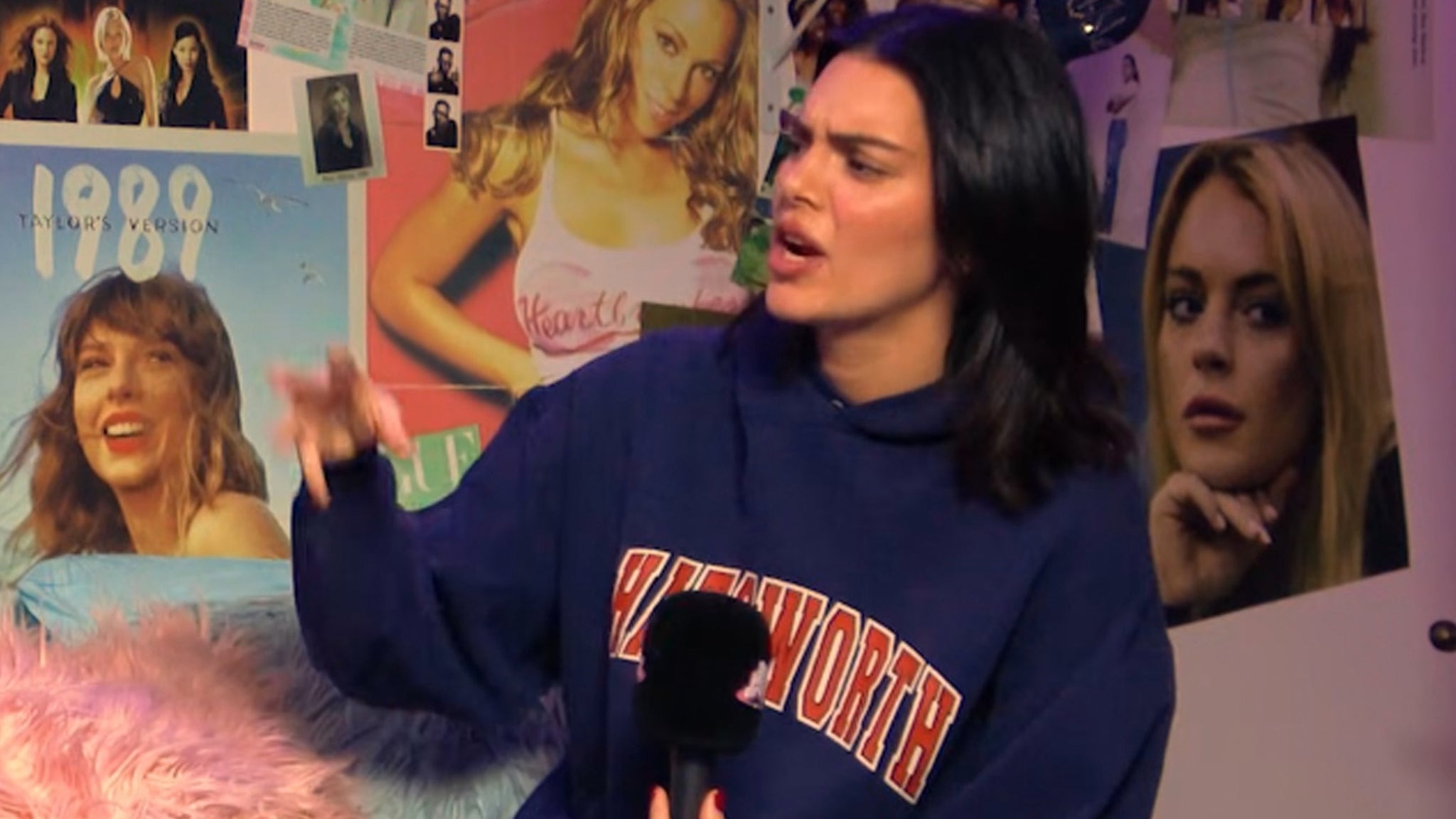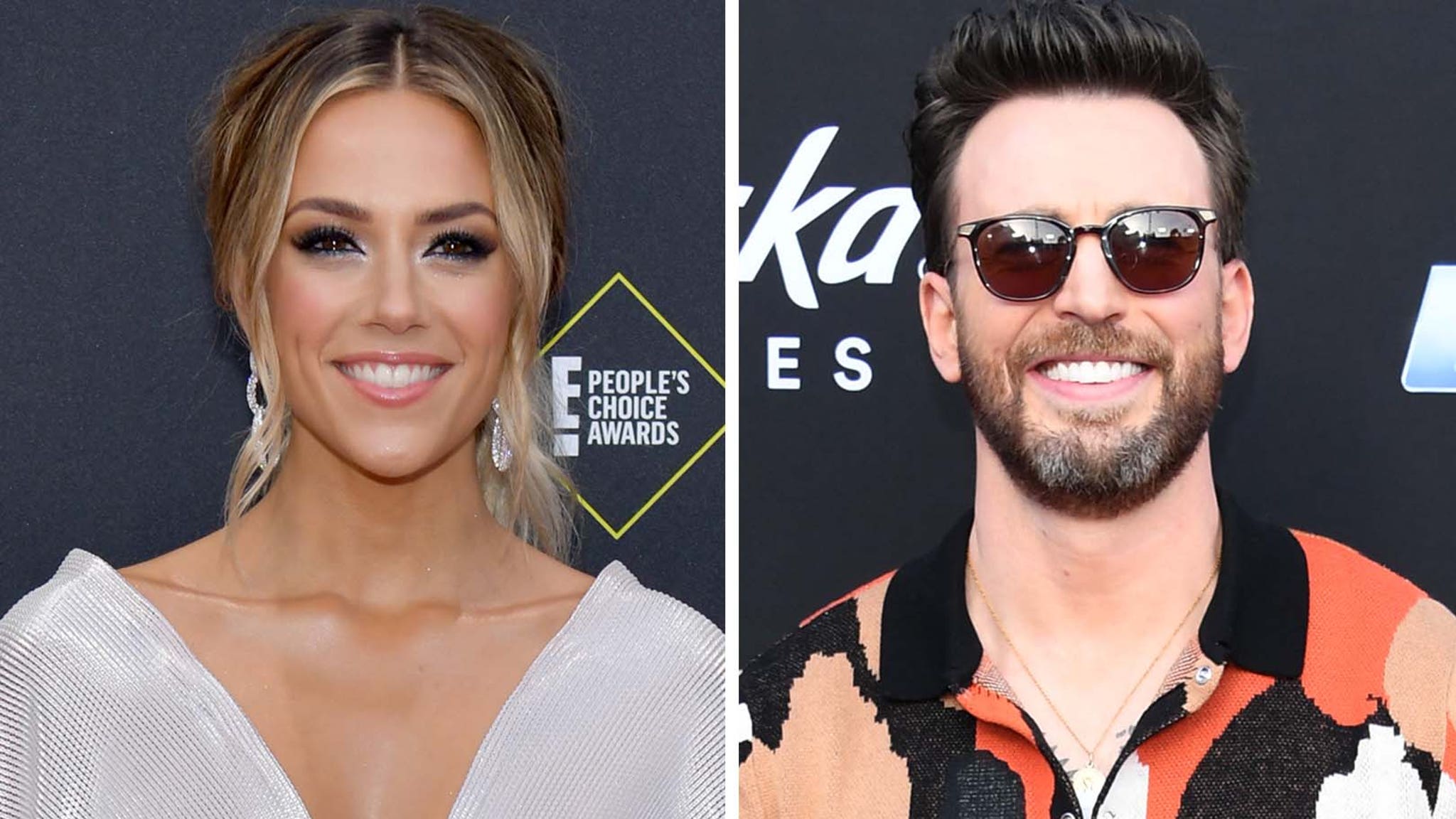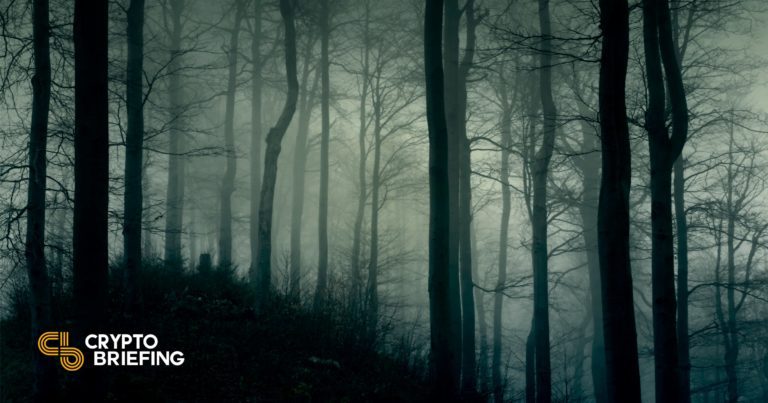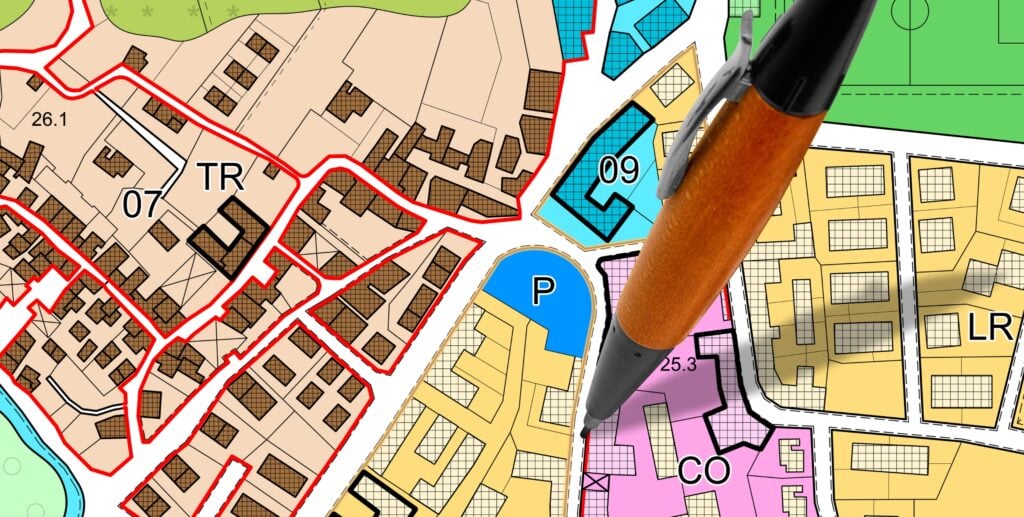Scripts that lack subtlety and a focus on all the wrong characters make this the weakest season in the series’ often fantastic run.
Netflix
Welcome to Previously On, a column that gives you the rundown on the latest TV. In this edition, Valerie Ettenhofer reviews The Crown season 5.
“The Crown isn’t particularly royalist. It’s actually quite critical of the royal family.” I can’t count how many times I’ve said something like this, both before the death of Queen Elizabeth II this autumn and after. It’s a fact that fans of Peter Morgan’s series talk about often, as, despite its reputation as a pro-royal affair, the show has long since taken a wholly engrossing, deeply skeptical look at the rather hellish phenomenon of the British monarchy. Now, with the series’ fifth season, I’m not entirely sure that fact is even true anymore. Just as frustratingly, I’m not entirely sure the show – which, in its most recent iteration, is well-cast yet bizarrely focused – is great anymore.
The Crown’s fifth season follows the royal family into the ‘90s, the era of Diana (Elizabeth Debicki) and Charles’ (Dominic West, who looks nothing like his character) divorce, Andrew Morton’s tell-all book, and the corny phone sex scandal best-known as Tampongate. And while all of those highlights feature the former prince and princess of Wales, the series splits its time among two generations of royals, despite the elders having little to do in comparison. While Imelda Staunton is a better fit for Queen Elizabeth than Olivia Colman, and Jonathan Pryce feels like a good fit for Prince Philip, neither of their plots – about yachts, television sets, carriage riding, and an emotional affair that may or may not have really happened – seem worth pulling focus away from the younger couple.
Indeed, it’s clear that this season, on the whole, has a problem with its perspectives. The fourth season ended with Emma Corrin’s Diana essentially inheriting the role of the protagonist, and at that point, she’s miserable, dealing with intense mental illness and a marriage to an overtly cruel man. This season, the history of the royal family reads like it’s had a chapter torn out. Debicki looks and speaks just like the late ex-royal to an unnerving degree, and her take on the Princess is perfectly fine. But she’s often relegated to the background of plots that don’t seem interested in making her particularly sympathetic – or even central – anymore. It’s not that she’s no longer a likable character, but the camera and the scripts both keep her at a distance, resulting in a strangely chilly take on a beloved real-life figure.
Worse yet, The Crown takes its most unforgivably strange liberty yet this season when it bends over backward to make the future king, Charles, appear likable. We’re meant to believe that the same man who we saw raging over his wife’s popularity and mocking her earnestness last season, all while conducting an exceedingly obvious affair and letting his eyes slide right past her cries for help, is now a hip, modern dude who works hard for his country and family. There is, and this is no exaggeration, an episode that ends with him dancing with a group of underprivileged youth, complete with end title cards celebrating his decades of philanthropy. Regardless of the realism or fictionality of either portrayal of Charles, this is a glaringly obvious heel turn that simply doesn’t make sense when stacked up against everything the show has told us about him to date.
The Crown’s oddly chastened ideology, unfortunately, also reaches its scripts. The show was once one of the most nimbly written on television, employing symbols and subtle narrative beats that sometimes called to mind Mad Men in their expert execution. Now, it has fleeting moments of insight, but its messages are often delivered with all the subtlety of a sledgehammer. “Sometimes these old things are too costly to keep repairing,” Charles says about Elizabeth’s yacht in the first episode, but he’s really talking about the monarch herself, get it? The show’s penchant for cross-cutting grows more self-important as the series wears on, too, as when Diana’s interview is compared to the revolutionary origin story behind Guy Fawkes Day. At times, its employment of flashbacks implies that the series yearns to return to the more distant past when its story had a more solid foundation to stand on. There are also many, many eye-roll-inducing stray observations about just how hard Elizabeth and Charles work.
The Crown’s drop in quality is as noteworthy because it was so damn good, to begin with, but even at its most ridiculous, it still has a lot going for it. Stanton is an excellent cast addition, and Lesley Manville, as Elizabeth’s sister Margaret, is able to effortlessly thread the needle on one of the show’s most enduring and emotional plots. An episode that opens on a particularly violent moment in history is as brutal as The Crown has ever been and proves that it’s still good at showing us what real stakes look like, even if it too often defaults to the increasingly mundane exploits of the family’s elders. The series also continues to have a rather astute take on its characters’ psychologies, as we see a young Prince William (Senan West) become older than his years as he witnesses conflicts and emotional cold wars among his family members.
Morgan’s historical retelling inches ever closer to the modern day, and it’s apparently now set to bow out after its sixth season. While it’s unfortunate that The Crown has lost so much luster this late in its run, especially when it comes to its bizarre distortion of the characters and perspectives we already know, the show still has one more chance to redeem itself. It certainly has the cast to make it happen. In the meantime, watching the once-fantastic series flounder feels as wincingly embarrassing as watching Queen Elizabeth try to change the channels on her cable television.
The Crown season 5 is currently available to stream on Netflix. Watch the season trailer here.
Related Topics: Previously On, The Crown

Recommended Reading
















